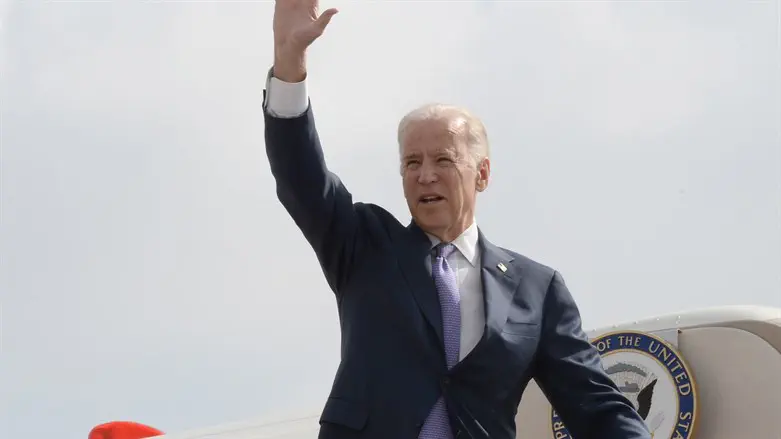
From the Code of Jewish Law (chap. 264): "He who sees rulers of the nations of the world blesses 'Blessed is He who has granted of His honor to flesh and blood.'"
From the Talmud (Tractate Brachot 58): "A man should always try to run to [see] kings, because if he merits it, he will see the difference between kings of Israel and those of the nations of the world." Rashi explains that if he merits seeing the Messiah, he will be able to differentiate between how much honor G-d has granted the Righteous Messiah - much more than was granted to the ordinary kings he has seen.
In modern times, a question has arisen on whether we should recite a blessing for presidents in our day as we did for kings in the past.
Today, there are several uncertainties in this regard:
First of all, in the past, kings wore kingly garments, but today presidents are dressed in clothes that are not really unique, resulting in their rulership becoming less obvious to the eye.
Secondly, in the past a king had the power to sentence someone to death on his own, and his power of rulership was clear because of that. Today, the president cannot bring about someone's death because there are statutory parliaments and congresses.
In addition, most of the time we do not see the president himself, and are able only to see his entourage and the many people surrounding him.
Due to these uncertainties, there are halakhic decisions against saying the blessing for presidents, and opinions that if the blessing is said, to refrain from citing the Name of G-d in the blessing.
In practice, however, there are Acharonim (recent halakhic decisors)who opined that despite all the above changes, one should say the blessing with G-d's Name when seeing the large entourage surrounding the President of the United States in our region.
That is because kings do not wear special garments anywhere nowadays, so that kingly robes are not a necessary prerequisite for the blessing, since clothing is not the way a monarchy is recognized.
Today, when a king has a large entourage with him, security forces are deployed and roads and sidewalks are closed so that he can pass, his rule is recognized through them.
True, a king does not have power to judge individuals and sentence them to death nowadays, but he can declare war on a neighboring country, and he can pardon people. These are life and death decisions, and this is the authority that is in the hands of the American President. According to the Constitution, the president can declare a world war with hundreds of millions of possible deaths, and massive power is in his hands.
For this reason, we should recite this blessing and we should make every kind of effort to see the president's entourage in order to be able to do so, even if we do not get to see him because of the large number of people accompanying him.
However, if we see the president on television or the web, we do not recite the blessing. One has to be physically near the place where he and his entourage actually pass by.
The blessing is also not recited upon seeing his plane or the hotel at which he is staying, only if the actual entourage is seen.
The blessing is not recited if there is any doubt about whether the president is in the entourage, because other officials often have people accompanying them as well when they come to Israel, and our secret service sometimes sends out dummy convoys.
Rabbi Baruch Efratistudied at Merkaz HaRav yeshiva in Jerusalem and serves as a rabbi in Efrat. He is a prolific and much-read writer on Torah issues and heads the "Derech Emunah" (Way of Torah) movement of young Israeli Orthodox rabbis.
Translated by Rochel Sylvetsky
.
.
.
